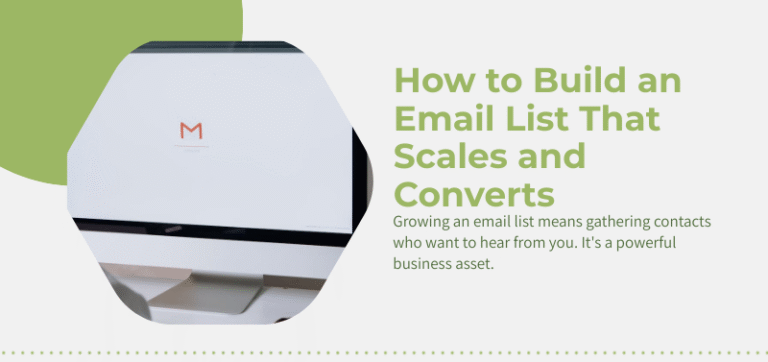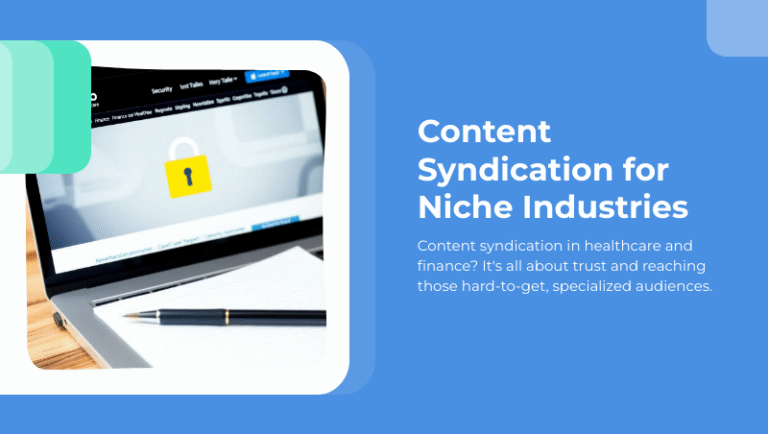 Even if you aren’t well-versed in SEO, you’ve probably heard the cardinal rule of search engine optimization: Don’t post duplicate content. Google’s updates routinely penalize duplicate content, and rightly so. When you type in a search string, you don’t want a thousand versions of the same content; you want unique pages. Google and other search engines serve those unique pages by ruthlessly downranking duplicate content.
Even if you aren’t well-versed in SEO, you’ve probably heard the cardinal rule of search engine optimization: Don’t post duplicate content. Google’s updates routinely penalize duplicate content, and rightly so. When you type in a search string, you don’t want a thousand versions of the same content; you want unique pages. Google and other search engines serve those unique pages by ruthlessly downranking duplicate content.
Typically, the content that’s published first isn’t penalized, but subsequent publications are. That’s good news for anyone who has published original blog posts or articles only to see them appear under another name when an unscrupulous content thief decides to borrow some of your brilliance. If someone has taken content from your pages and published it word-for-word, you have some recourse by filing a Digital Millennium Copyright Act takedown notice with the offender’s ISP. While search engines may not penalize you for others’ theft, though, you may still lose traffic until the duplicate information disappears.
There’s another kind of duplicate content that is far more innocuous than intentional plagiarism, yet it’s just as insidious a thief of page views – and you could be doing it to yourself. When you publish identical or near-identical content on multiple pages of your site or on a series of landing pages, you’re inadvertently diluting your presence and penalizing your own domain name. E-commerce sites that use the same product description on every page, landing pages that borrow heavily from others with the same destination and parent sites that fill daughter pages with nearly identical profiles can miss a tremendous amount of traffic by publishing duplicate content.
Some sites, especially those with multi-page product lists and sophisticated search tools of their own, face duplicate content issues because they generate unique URLs for identical content. Theoretically, sites such as eBay could therefore generate an infinite amount of duplicate content – a problem for the site and for search engines alike. This issue is not so much a content problem as a site organization issue, and it has a simple fix. By adding a canonical tag to each page, your SEO team funnels all the traffic from each individual page to the parent page, correctly attributing traffic to its source.
For e-commerce pages and sites that don’t have thousands of pages of content as eBay and Amazon do, the remedy is even easier: Create unique content throughout your site and make every word and image count toward your SEO. That applies to every page, every product description, every blog post and every landing page that feeds into your site. E-commerce sites with voluminous catalogs may take some time to upgrade to unique descriptions, but the effort is well worth it.
Consider a furniture store with a well-established website that features a collection of six dining table styles in four different woods. If the content creator and site developer use the same copy for each style and only replace the name of the wood in each, Google and other search engines are only indexing half a dozen pages instead of two dozen. Stacking those table descriptions also means a missed opportunity to capture the interest of potential customers who are looking for something specific. Keywords with long tails let you own a niche, but without unique descriptions on each page, the store is failing to secure those specific niches. Customers who browse and shop online are familiar with search engines and know precisely what they want. They’re typing in “pine dining table” or “mahogany dining table,” not just “dining table,” and the store needs to capitalize on that.
The same principles apply whether you’re selling tables or technology. Your site needs unique content on every page; if that isn’t practical because the site generates new URLs for member pages, then every page needs a canonical tag indicating where the link “juice” should flow. Even after you’ve weeded duplicate content from your home page and landing pages, you may still have duplicate copy built into your site with product pages. It takes time to eliminate all copied content and replace it with original material, but it’s essential for the health of your site.
Contact our SEO experts today at 855.867.3224 to start producing quality content that is search engine friendly.
© Reach Marketing LLC 2014 All Rights Reserved.



